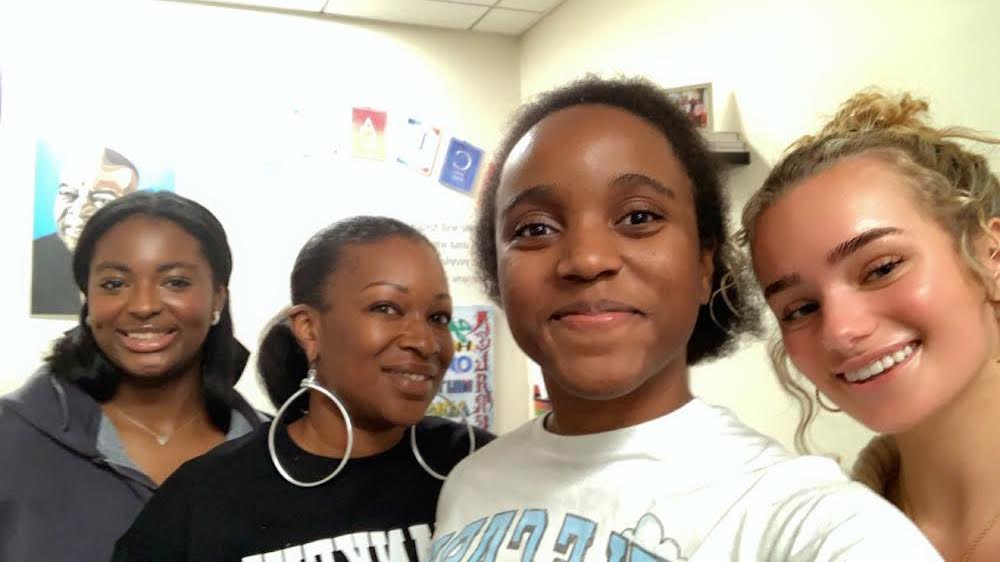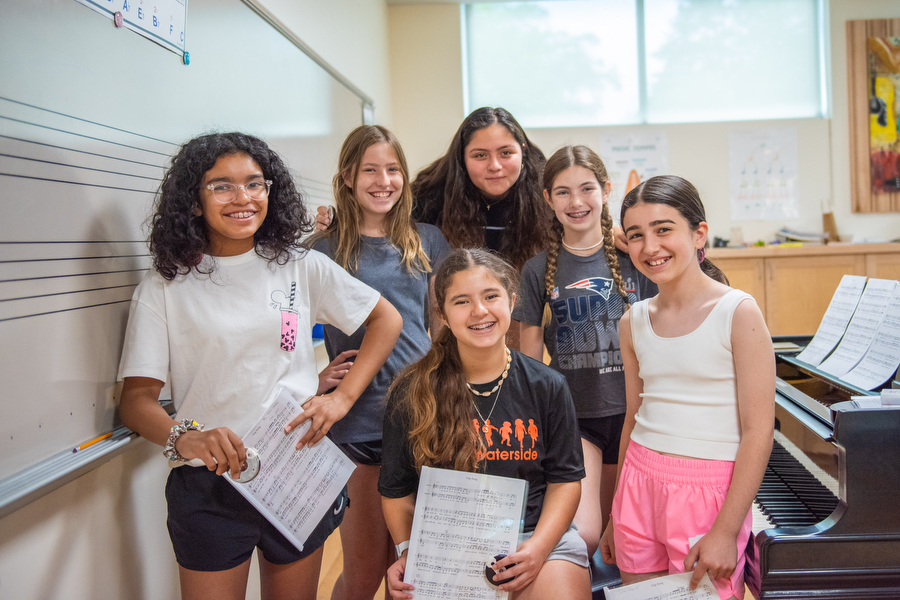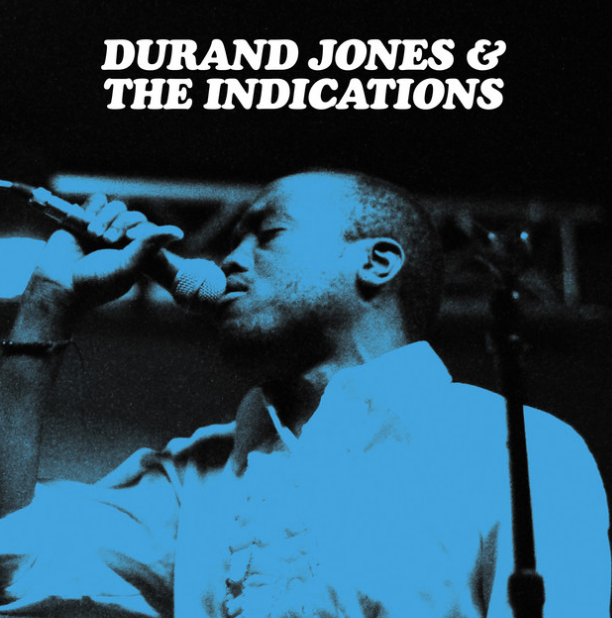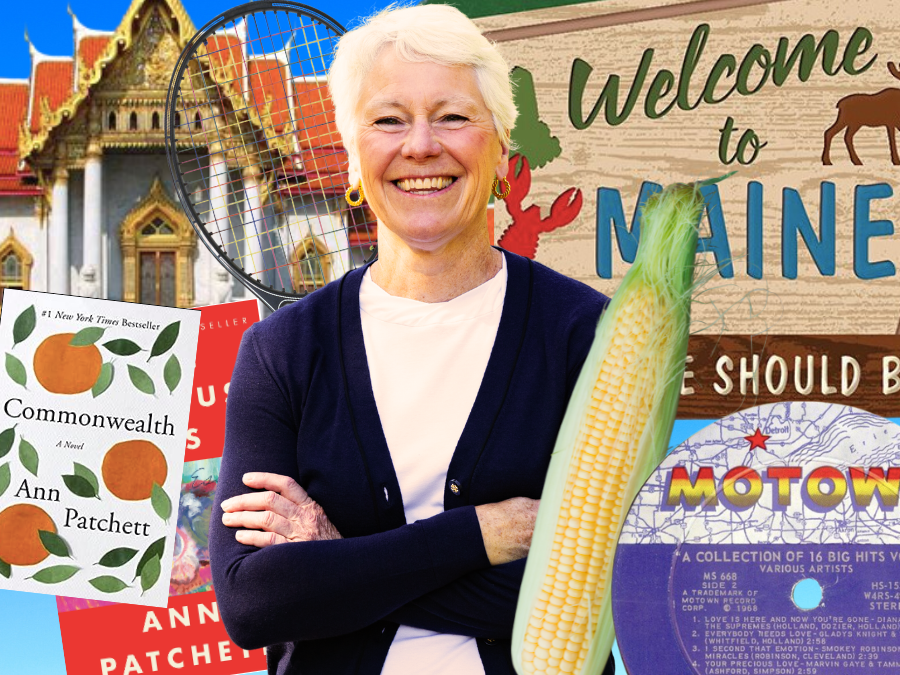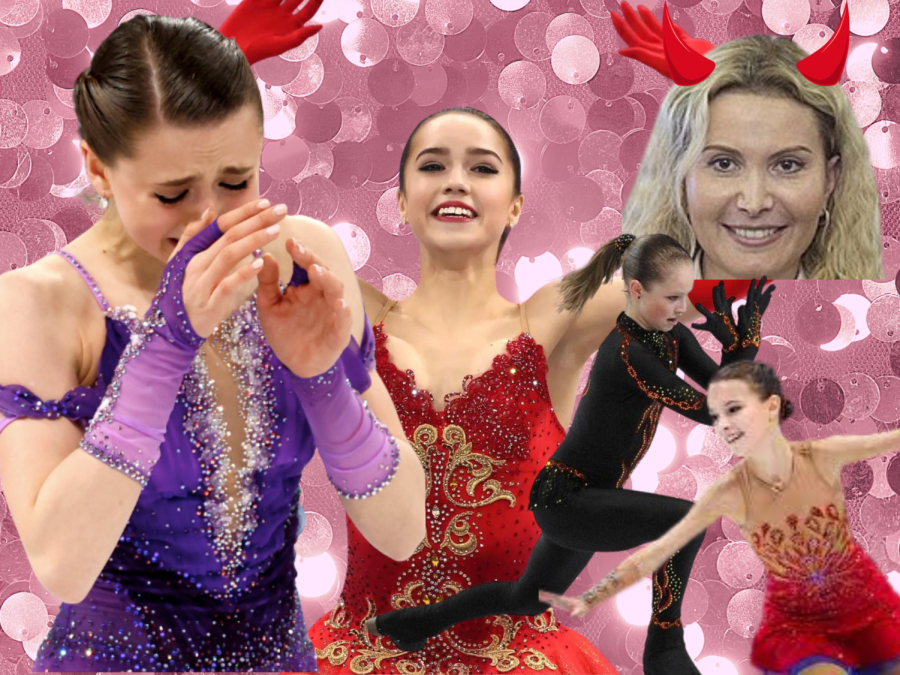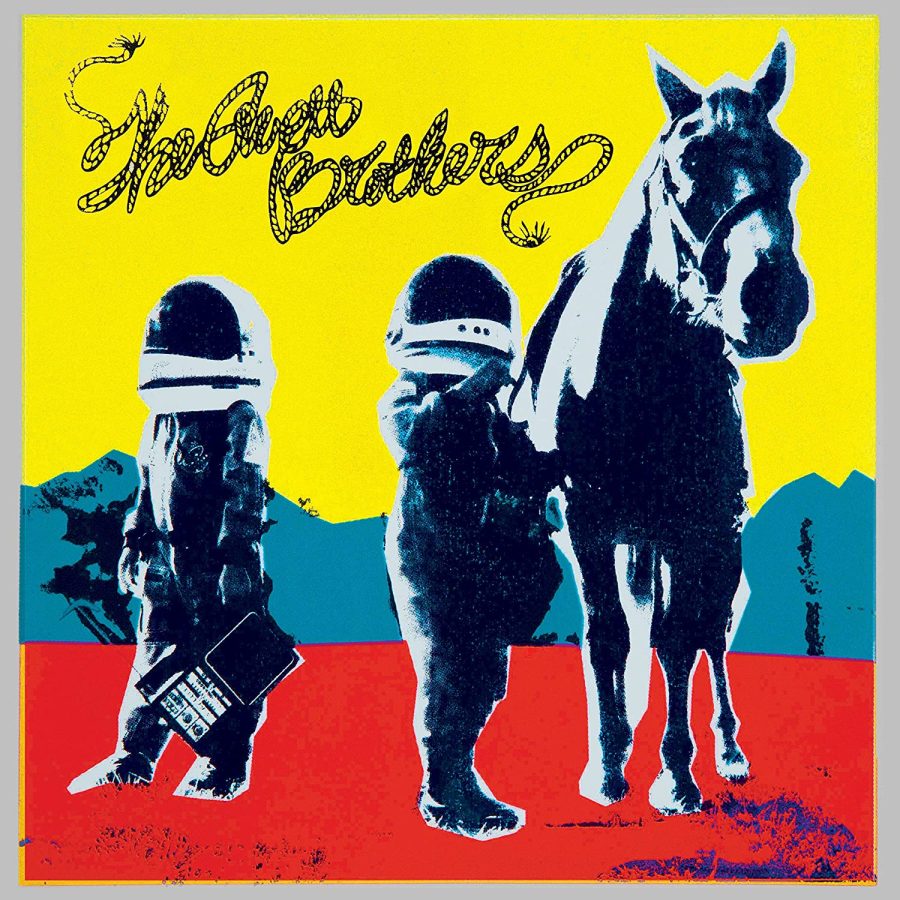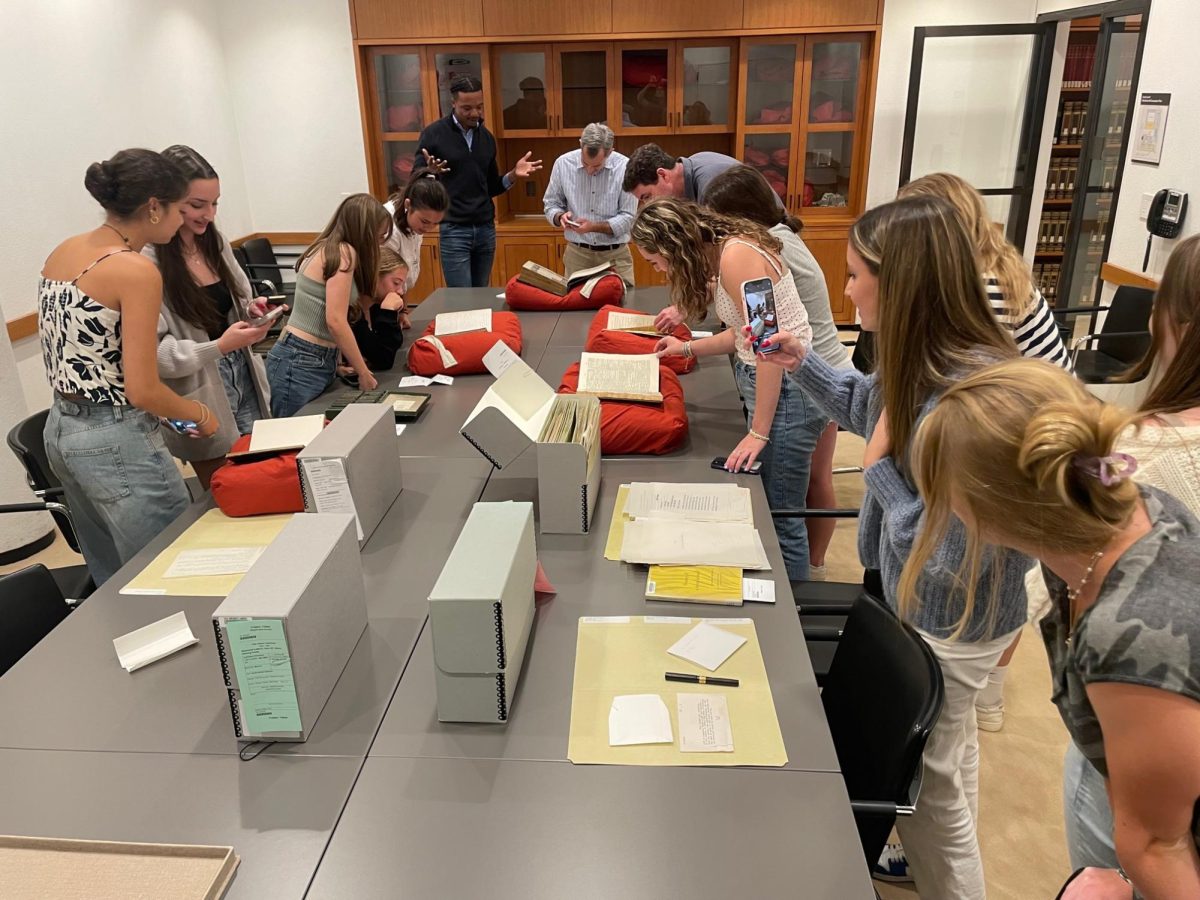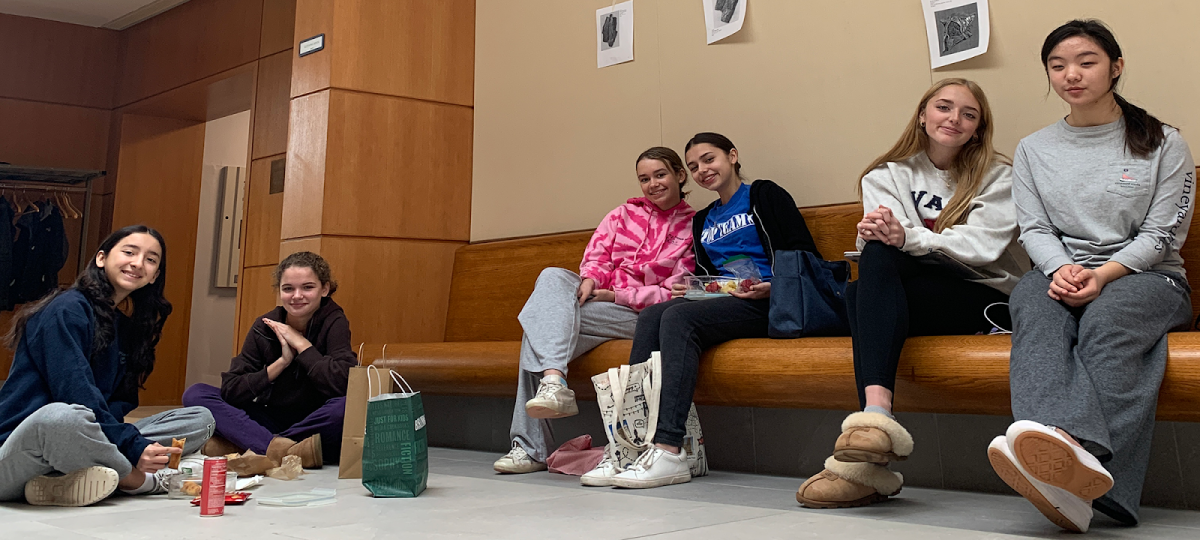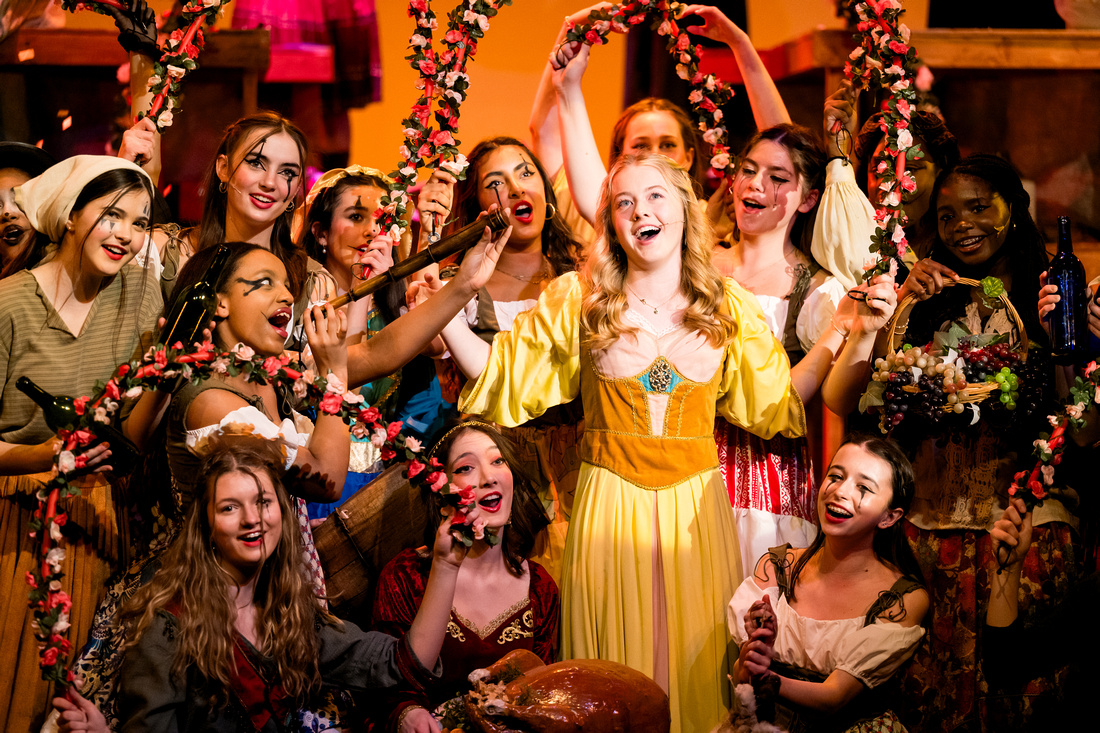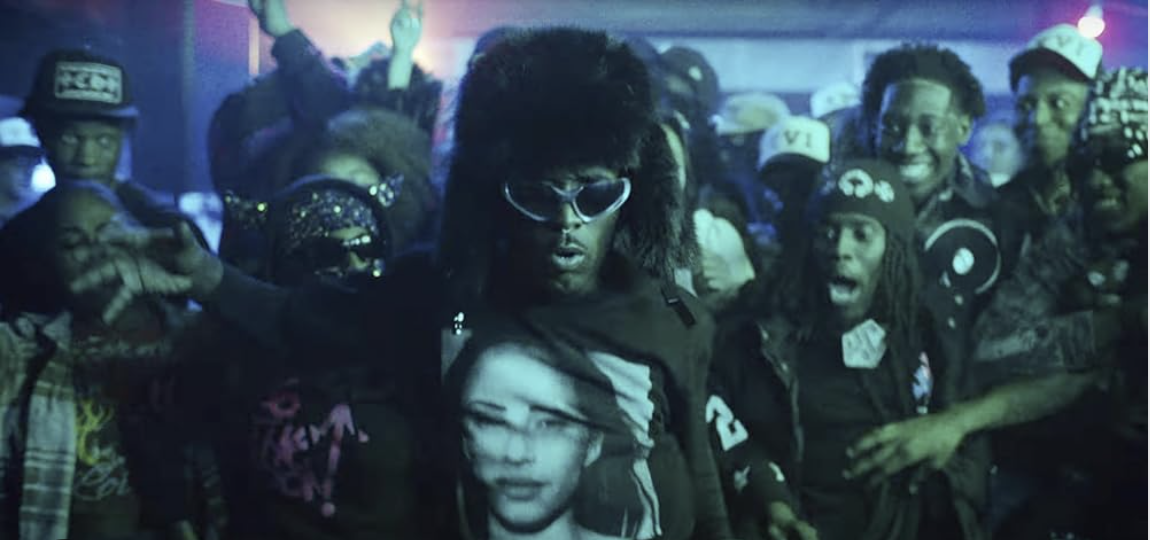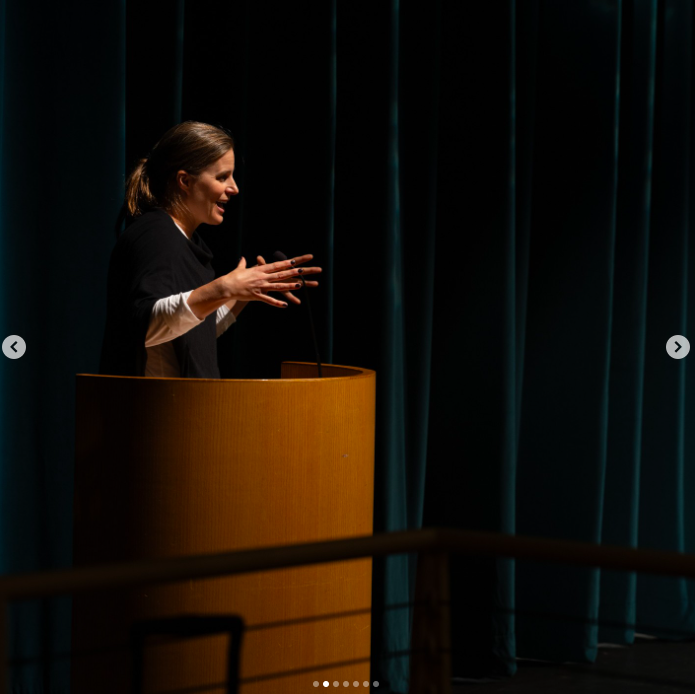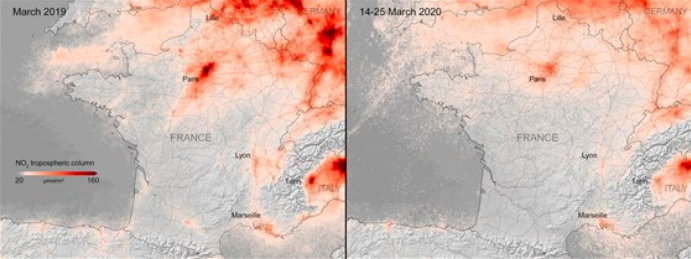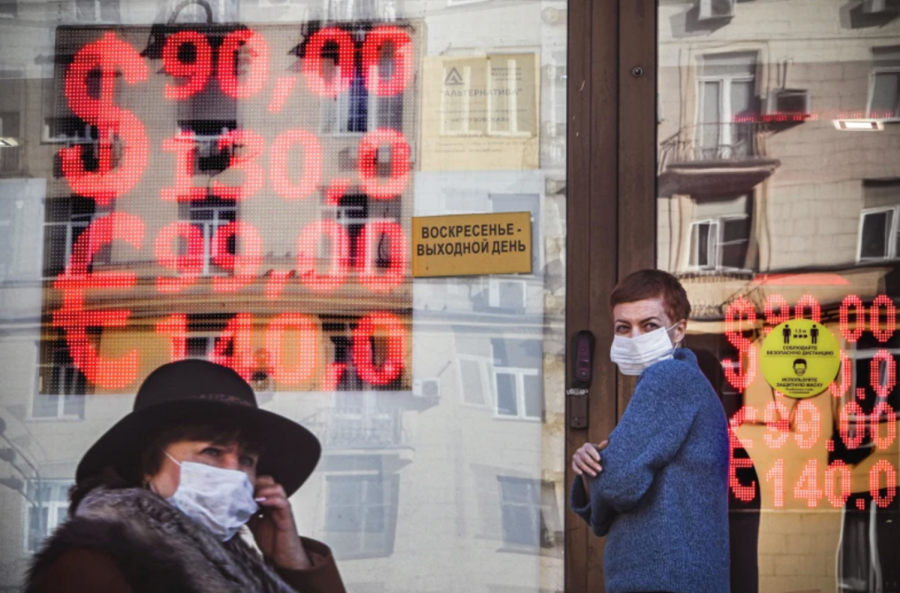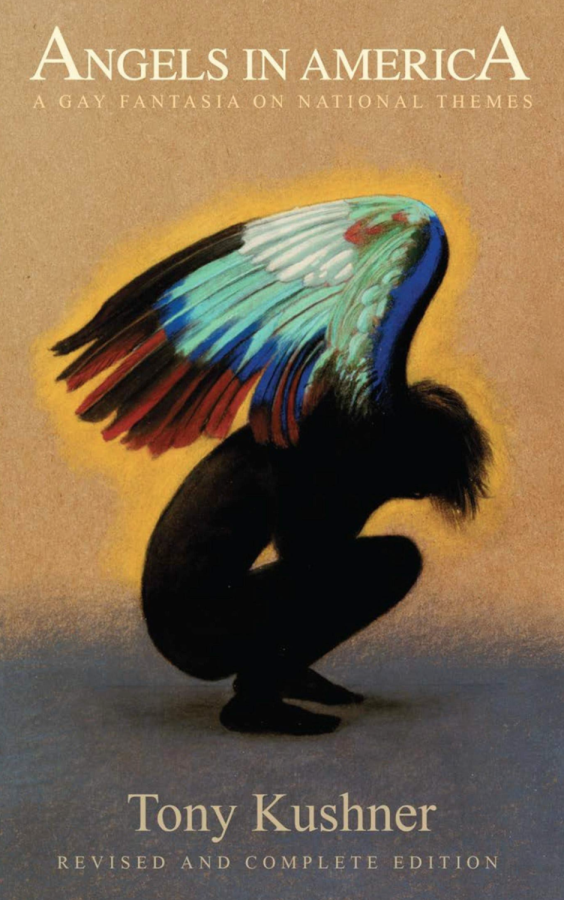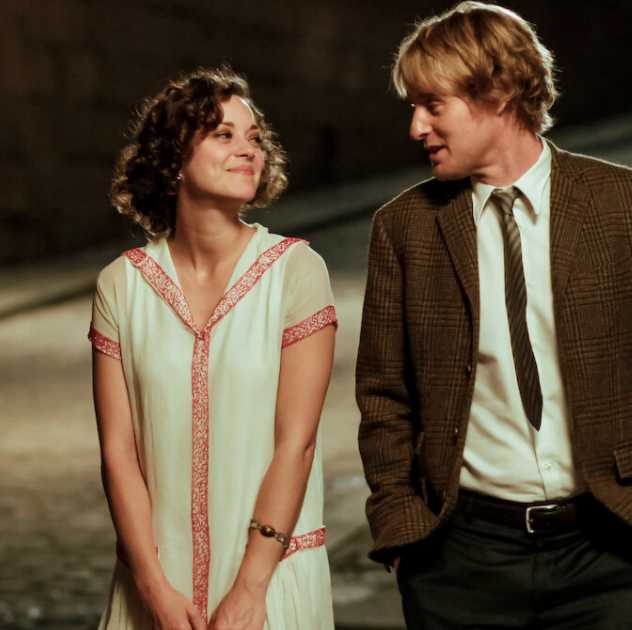
source: npr.org
I am a Richard Russo fan. To the best of my knowledge, I have read every word he has published. When pressed for a list of favorite books I have often included The Risk Pool, and I treat the publication of a new Russo novel with urgency. Only a new Springsteen album inspires in me the same joyful anticipation.
Yet as I reread The Risk Pool this summer in preparation for the fall, I cringed. Not once, but often. I still enjoyed the book, but so much of it seemed dated and young and naive. Reading it nearly thirty years after Russo published it felt unfair, like catching him before he had finished dressing. And I felt exposed, too, embarrassed for the much younger me who had fallen in love with the book. What had I seen in it?
I must have been in my early twenties when I bought it, and what I know about me then is that I was just discovering the joy of reading for pleasure.
I had always loved English class, but pleasure reading was inexplicably harder. I wasn’t great at sitting still, and I often tried to read books I felt I should read—intimidating novels I’d heard of and that therefore must be “worth reading.” In fourth grade, I remember checking Gulliver’s Travels out of my school library. I tried it, but I didn’t get very far. To this day, I have no idea where Gulliver traveled.
So it was with some mixture of shock, relief and liberation that I discovered late in college that books didn’t have to be read with a pen and that they didn’t need to be work.
The Risk Pool was one of the novels that helped me learn this joy. In it I found a world that was both familiar and unsettling and characters who mattered to me. And the reading felt both fast and slow. The pages went by quickly (this shouldn’t matter, but it does), yet I was able to remain happily immersed in the world of the book for a long time. I suspect this wasn’t the experience many of you had, but it was mine. I can only guess at why.
One explanation may be that I grew up in a town remarkably similar to the Mohawk Russo describes. The Middletown, New York of my youth was a fading, middle class town. The nearby Ford plant and other factories that had helped the town thrive had all closed, and the hundreds of New York City police and firemen who had once commuted from Middletown were forced to relocate to the city itself.
When I imagine the apartment where Ned Hall lives with his father, I picture the intersection of Main and North in Middletown, an area that must have been vibrant at some point but that by the time I knew it held only a bank, a pharmacy (complete with defunct soda fountain), and a yarn store.
My memory of these places and of being in them is intimate; if I concentrate, I can smell them.
But I was no Ned Hall, and my claim on Middletown has always been a tenuous one. I rode a bus to school for over an hour every morning and afternoon, each long journey a reminder that my parents believed the education offered in Middletown was insufficient.
I hung out at the local arcade with other Middletown boys, but I was there among them, not with them. And while I didn’t live in the Ward mansion on the hill, my neighborhood was more prosperous than most.
I worked summers for a construction company and a butcher shop in town, but this was dabbling in Middletown and in the world of its boys and men; my life, I knew with certainty, would be elsewhere.
And this is my relationship with much of Russo’s emotional terrain, too. One of the preoccupations of Russo’s work is with the uneasy intimacy of men. Affection among them is almost never spoken, and when it must be expressed it is inevitably through sarcasm and cruelty and even violence.
I’m no stranger to the affectionate insult, but I grew up in a house where “I love you” was frequently and easily said. My family during adolescence was all male—just my father, my brother and I—but I have always managed healthy relationships with girls and women. Finding those in Russo’s early work is a challenge.
Maybe it’s the combination of familiar and distant that drew me to Russo. In his work I found a world I knew but didn’t inhabit. A world I understood well enough to romanticize, but one I never really lived. Like Springsteen, Russo can invite nostalgia for times or experiences that probably don’t deserve the retroactive affection.
Rereading The Risk Pool this summer, I was more aware than ever of its limitations. And while I was embarrassed for the younger me who had listed it as a favorite, I was also wistful for him and for the effect the book had had on me.
Maybe that’s Russo’s singular and unapologetic gift—inspiring a kind of longing in every reading.
Mohawk was, mostly, a lousy place for Ned to grow up, but he paints it with tenderness all the same. We’re not supposed to like the varnished lens of nostalgia, but Russo gives us permission to surrender to it. It’s not a bad feeling.
